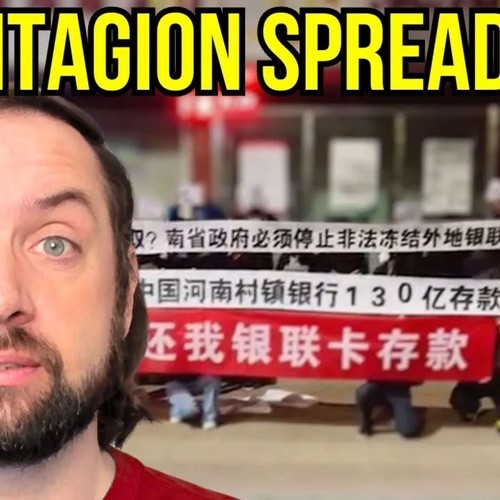
 Eurodollar University
Eurodollar University Global Asset Prices are Repricing Risk Assets (Rapidly)
Aug 7, 2024
Paul Krugman, a renowned economist, and Jeremy Siegel, a finance professor, dive into the chaotic shift in global asset prices amid growing recession fears. They discuss how the U.S. recession is reshaping fundamental market perceptions and pressuring central banks for rate cuts. The conversation highlights the role of Japanese banks in impacting global credit dynamics, emphasizing their strategic investments in U.S. assets. Both guests unpack rising credit spreads, scrutinizing the disconnect between economic optimism and harsh realities like unemployment.
Chapters
Transcript
Episode notes
1 2 3 4 5
Intro
00:00 • 2min
Navigating Economic Turbulence: Recession Risks and Global Market Connections
01:56 • 4min
The Impact of Japanese Banks on Global Credit Dynamics
06:17 • 4min
Fluctuations in Credit Spreads and Economic Reality
10:36 • 2min
Rising Credit Spreads and Global Financial Implications
12:42 • 5min

